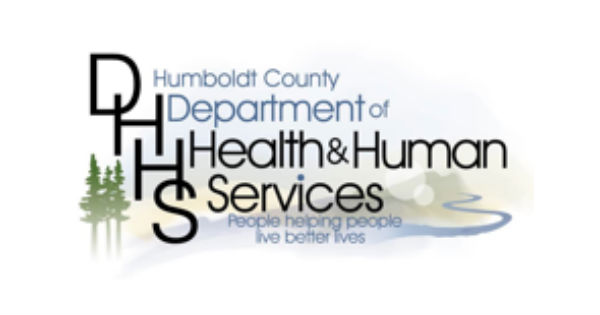West Nile Virus Found in Donated Blood
Press release from the County of Humboldt:

Local health officials have announced the first confirmed human West Nile Virus (WNV) infection in Humboldt County in four years. The virus was detected during a routine blood donation from an asymptomatic resident following travel to another country, where it is believed the virus was contracted. To prevent transfusion-related infection, all blood donations are routinely screened for WNV and any infected blood is discarded.
Humboldt County Public Health officials say the local risk is limited because the virus is transmitted by mosquitoes, not humans. Mosquitoes become infected when they feed on infected birds. Infected mosquitoes can spread the virus to other animals and humans.
“The likelihood of contracting WNV here is low, but people who travel certainly can bring it home,” said Humboldt County Health Officer Dr. Donald Baird. Humboldt County last had a human WNV infection in 2013, also following a resident’s foreign travel.
As of Aug. 18, 2017, WNV has been detected in nine of California’s 58 counties, with 41 human cases statewide.
Local residents are advised to follow standard safety measures, especially when traveling to areas where WNV and other mosquito-transmitted infections are more common.
Most people infected with WNV do not develop any symptoms. According to the CDC, about one in five people will develop a fever with other symptoms such as headache, body aches, joint pains, vomiting, diarrhea or rash. Less than 1 percent of those infected will develop a serious neurologic illness.
According to the Centers for Disease Control and Prevention (CDC), one of the best ways to avoid WNV is to prevent mosquito bites. Avoid mosquito-infested areas especially at dawn and dusk when the insects are most active. People who are outside during the early morning or early evening hours are advised to wear long-sleeved shirts, long pants, shoes and socks.
The CDC recommends using EPA-registered insect repellents such as DEET, Picaridin or oil of lemon eucalyptus for long-lasting protection against mosquito bites. Repellents should always be used as directed by the manufacturer.
Residents are also encouraged to mosquito-proof their homes. The CDC suggests people install or repair screens on windows and doors to keep mosquitoes outside. Also, help reduce the number of mosquitoes by emptying standing water from flower pots, gutters, buckets, pet water dishes, discarded tires and bird baths.
More information is available at

Join the discussion! For rules visit: https://kymkemp.com/commenting-rules
Comments system how-to: https://wpdiscuz.com/community/postid/10599/
Dear Kym,
I must object to the misleading manner in which you have sensationalized your headline. Please consider rewording and or retracting your statement to better reflect the reality of the safety of the blood supply.
The Lost Coast Outpost statement is much more accurate: “Humboldt Patient Tests Positive for West Nile Virus.”
Technically, the virus was detected in a completely different vial of blood taken immediately prior to the “donated blood”, for the specific purpose of screening for the West Nile Virus, in order for the associated donation to be cleared or disqualified for administration.
A few other vials are simultaneously taken to screen for other things as well.
A very impressive set of protocols to ensure the safety of the blood supply as far as I am concerned.
I have been a donor for many years. I am O Positive. I am working on my seventh gallon and trail far behind many greater donors. I have given the
equivalent of every drop of blood in my body about four times. I donate whole blood. They say donating blood saves lives. I hope so. You’d be surprised the kind of people who look down on me.
Sometimes I wonder if they donate blood. I’ve never seen them there.
It’s easy to be disqualified.
Do you donate blood, Kym?
I would think if you did or if you wanted to put the minds of people at ease about the safety of blood transfusions they or their family might need, you would have more carefully worded your headline for clarity.
We wouldn’t want to carelessly cause fear of, or disparage an organization whose purpose is to save life and limb, by wording something ambiguously would we?
I certainly hope not. That would be like tainting my blood.
Please clarify the safety of the blood supply you have called into question.
Seriously.
Thank you.
Thankyou
Yes, this result should reassure as the blood screen processed worked in this case. It’s not a perfect system but it’s nice to hear when it did work.
In the end, even the CDC has conceded that it is almost always safer to avoid receiving blood products. If you are actively bleeding, or have a severe injury, i.e. if there is a VERY good reason, then follow the recommendations of your physician. In cases of minor surgery, make your instructions clear.
And DONATE BLOOD! If you are healthy, and willing to help others, and meet the qualifications, just do it!
Our blood supply is the safest in the world, all units and donors are screened six ways from Sunday!
Be careful out there!